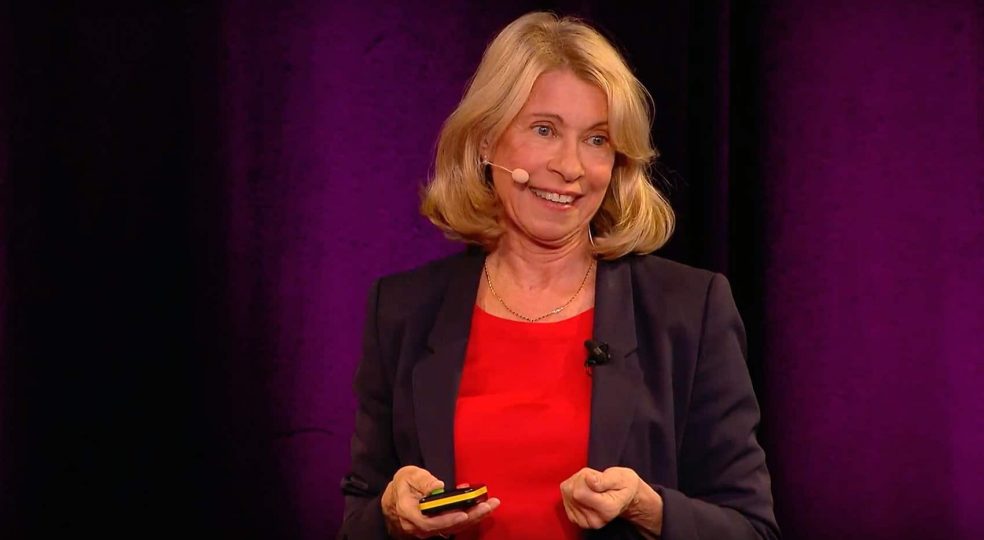
Your smartphone is your constant companion. It connects you with your friends, reminds you of appointments and manages your photos and videos. It connects you to the Internet, lets you be reachable at any time, retrieves important data within seconds and makes your everyday life much easier. In short, your smartphone and its apps are an essential assistant, always at your service. "And that is both a curse and a blessing.", says Dr. Sabine Schonert-Hirz.
Because permanent accessibility, constant availability and the inner urge to keep staring at the colourful screen can create quite a lot of pressure. This is referred to as 'digital stress'. Dr. Sabine Schonert-Hirz knows: "On average, we look at our mobile phone up to 88 times a day - for about two minutes each time. That's two and a half to three hours a day."
Wow! You have to let this number sink in first - and then ask in the next step: What could you do sensibly with this time if you weren't constantly staring at the display? But of course there are exceptions. Dr. Sabine Schonert-Hirz has developed the ultimate quick test to check whether you are addicted to your mobile phone and dependent on your little digital helper. How does it work? It's simple. Answer the following questions with yes or no:
According to the expert, if you answered yes to at least three of the questions, you're already showing mild signs of addiction. It can happen that fast!
It's time to look at the whole thing on a biochemical level: What actually happens in your brain when your cell phone rings or flashes? Dr. Sabine Schonert-Hirz explains: "There is a module in our forehead brain that is responsible for the highest human functions. Certain functions there always kick in when something interests us. These functions are responsible for the fact that we always want everything immediately - and that's exactly what app developers are after."
We humans respond to positive emotions and needs. We want to satisfy our curiosity, our interest and our anticipation. That's why we keep looking at our smartphone, because we know there's always something new for us in some app. Then there is our need for positive, social contact. Dr. Sabine Schonert-Hirz: "This need is so strongly ingrained that no one can resist. And thanks to our smartphone, there's always someone who's thought of us."
So mobile phone addiction is primarily about satisfying human needs such as curiosity, social contact and appreciation. The expert tells us: "This is positive stress. However, it is just as deadly and just as harmful as negative stress." So the question is, how can you leave stress behind and overcome your possible cell phone addiction?
Dr. Sabine Schonert-Hirz has summarized the answer in six simple basic rules. She tells us, "These are the six no's that belong in every good household." They are based on the very situations in which most of us spend the longest time with our smartphones. The rules are as logical as they are simple. No cell phone:
Less smartphone use means less digital stress. Imagine how that will make your life easier. Learn to switch off again - in both senses of the word. The easiest way to do this is to reconnect with real people instead of just their digital avatars. Light exercise is also a great way to relax your body and mind.
Get some rest, turn off your computer to avoid harmful blue light, at least in the evening, and put away your cell phone. Sounds simple - and to be honest, it is. Less time on the mobile phone also means more time for 'real life' and recreation. Dr. Sabine Schonert-Hirz: DISCThis has a direct impact on your physical and mental health." We wish you a lot of fun with it!

